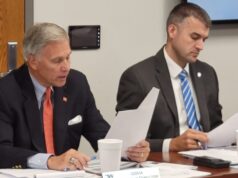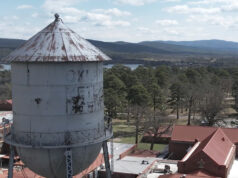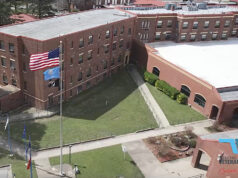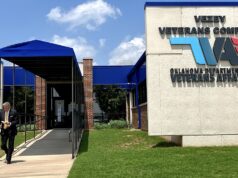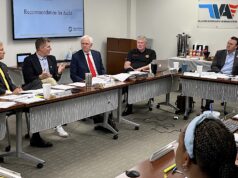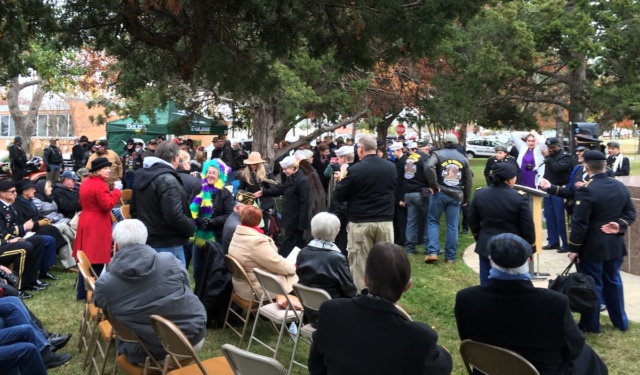
It was unexpected and horrifying. It was an attack on the United States at a time when the nation had established itself as a world leader. It was as U.S. President Franklin D. Roosevelt described it — “a day which will live in infamy.”
Wednesday, Dec. 7, marked the 75th anniversary of the day Pearl Harbor was attacked, a horrific and deadly intrusion that directly led to the U.S. joining World War II.
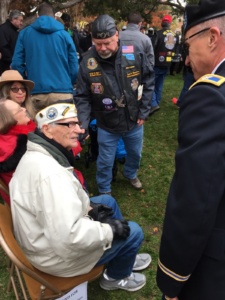
For 94-year-old Oklahoman Ivan Stewart, the day was one that started out like any other.
A U.S. Navy storekeeper — Stewart would later become the youngest chief storekeeper in the U.S. Navy — the 19-year-old Stewart was on his way to one of the hangars on Ford Island when an explosion 25 feet away knocked him to the ground.
Uninjured and undeterred, Stewart crawled amongst the chaos around him until he reached the hangar. He found a machine gun and walked outside to fight alongside his fellow soldiers. Stewart shot down a Japanese airplane before he proceeded to help out those who had jumped off the USS Oklahoma into the Pacific Ocean, which had turned into a pool of searing hot water amid the wreckage of downed ships and planes.
Stewart, who described the scene around him at Pearl Harbor as “horrible” and “confusing,” was among a handful of survivors who attended Wednesday’s Pearl Harbor Remembrance Ceremony Day in Oklahoma City. The event included former Navy captain John Keilty, who said Stewart was a shining example of how America responds to tragedy.
“Ivan was scared,” Keilty said. “Being scared does not diminish our resolve.”
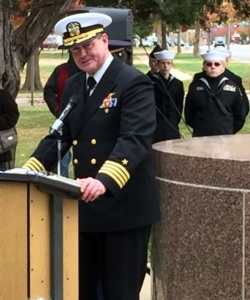
Keilty, who served 30 years in the U.S. Navy, also reflected on the story of Clarence Gilbert, a mechanic who was in the Pearl Harbor barracks when the fighting began.
He said Gilbert was part of a group who began pulling sheets off the beds, tying them together and using them to pull seaman to safety along the sea wall. Gilbert went on to serve 20 years in the U.S. Navy, which included 18 months as a POW in Japan.
Among the more than 2,400 Americans who died that day were 429 sailors and marines on board the USS Oklahoma. Gilbert and Stewart, both in attendance in Oklahoma City at the USS Oklahoma anchor in Automobile Alley, were among the survivors who fought off the surprise attack by the Japanese.
Keilty said the memory of that day should focus on the greatness America showed as a result of the surprise attack rather than the losses that were incurred.
“America was great then, America is great now, and America will always be great,” Keilty said.
Stewart said it is important that the U.S. learn from the lack of preparedness that took place on that day, and he pointed to the low number of ships, military personnel and the general attitude of America as risk factors for the possibility of another attack.
“We weren’t prepared then, and we’re not prepared now,” Stewart said.
A 2016 report showed that the U.S. Army has its lowest number of active soldiers since a year before Pearl Harbor, and the U.S. Navy has its fewest ships since 1916.










